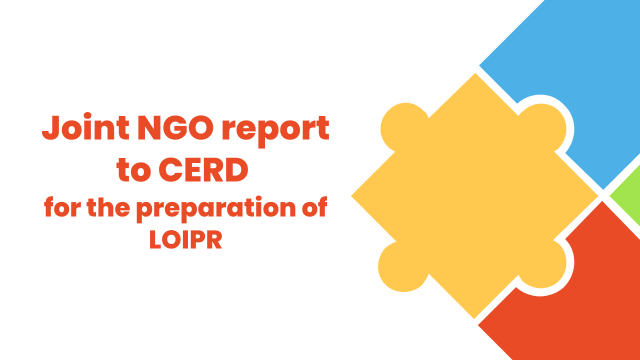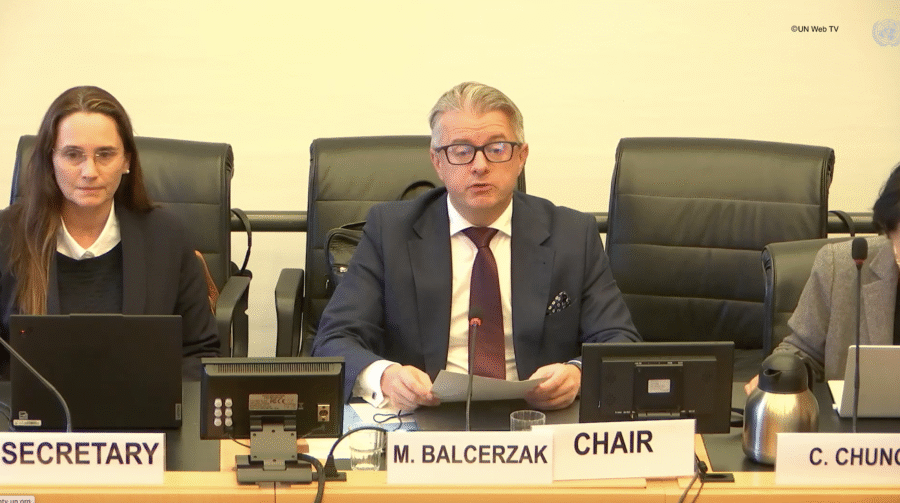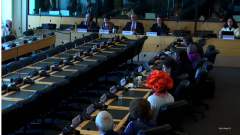Combatting racial hatred in political campaign (HRC Intersessional Panel, 2019, OS)
April 2, 2019
IMADR delivered the oral statement on “Combatting racial hatred in political campaign” at the 40th session of the Human Rights Council. Whole text can be read below or download here. ![]()
———
Oral Statement: Intersessional high-level panel discussion on the incompatibility between democracy and racism: identifying challenges and good practices
2 April 2019
Speaker: Taisuke KOMATSU
Thank you Mr. President,
We welcome the convening of this intersessional panel discussion on the incompatibility between democracy and racism at this critical time. We share our concerns with the Human Rights Council on the rise of racism and racial discrimination in the political and public spheres which is further marginalising particular members of the society such as migrants, indigenous peoples, and minorities including Dalits.
In her report on the glorification of Nazism, the UN Special Rapporteur on racism identified that women, gender and sexually diverse populations, and persons with disabilities are also targeted by the supporters of neo-Nazi ideologies.[1] In order to effectively counter hateful propaganda which pose a threat to democracy and fuel racial discrimination and intolerance, over-arching approaches must be adopted including the enactment and meaningful implementation of a comprehensive anti-discrimination law.
We regret that more than 15 States parties maintain their reservations on Article 4 of the International Convention on the Elimination of All Forms of Racial Discrimination (ICERD). Those countries include Australia, Austria, Belgium, France, Italy, Japan, the UK and the USA where certain electoral candidates and elected officials have incited racial hatred and discrimination, often without facing the consequences. The most recent withdrawal of the reservation on Article 4 by Fiji was a welcoming step[2], and we strongly encourage the others to follow.
One of the main challenges in this area is the abuse of the freedom of speech in political campaign by hate-mongering demagogues. Election campaign speeches that exploit racial hatred are unaccounted in many countries. It is posing a significant challenge for civil society to promote an inclusive and democratic society.
Against this backdrop, we would like to ask the panelists if they can share any effective practice in their country or in the region in combatting racial hatred in political campaign. Also, what concrete actions do you recommend to the Human Rights Council to take? For instance, would you support the Human Rights Council to mandate OHCHR to develop guidelines to address this issue?
Thank you Mr. President.
[1] A/HRC/38/53
[2] On 10 August 2012, the Government of Fiji withdrew the reservations and declarations on the Convention. https://treaties.un.org/Pages/ViewDetails.aspx?src=TREATY&mtdsg_no=IV-2&chapter=4&clang=_en#23





